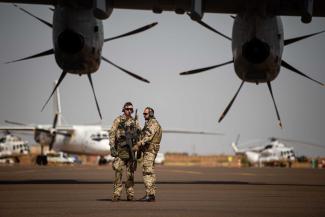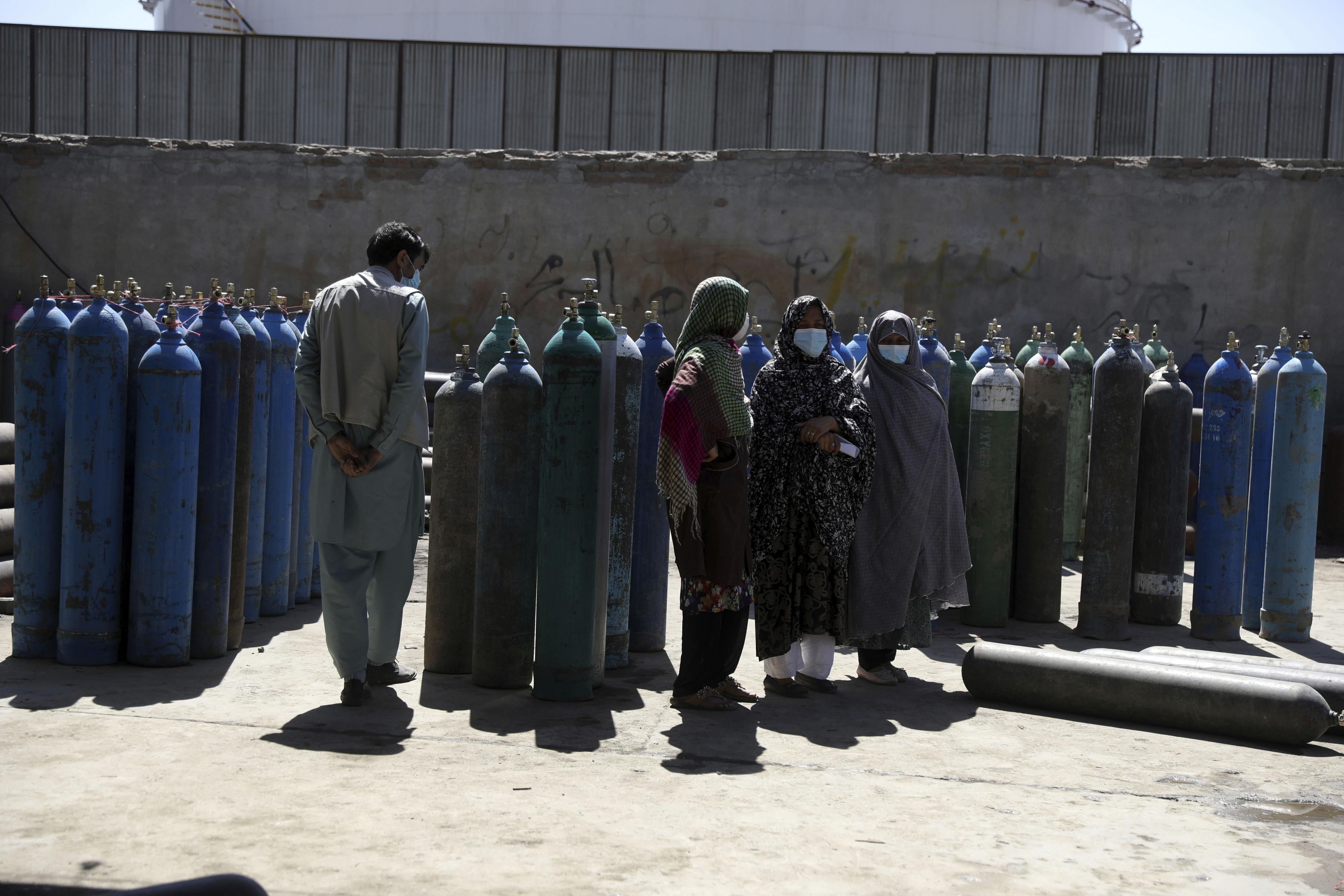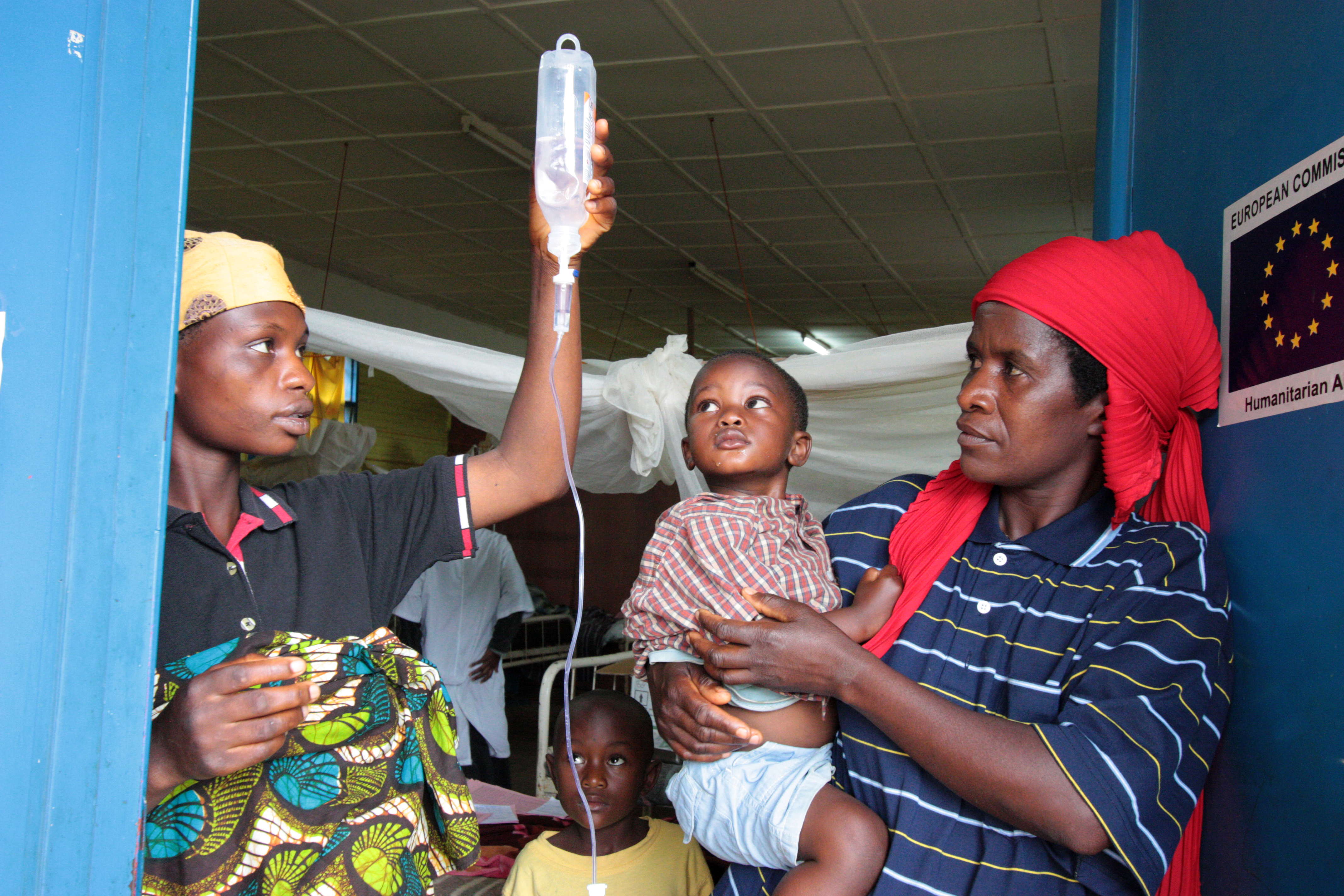EU
Do not neglect African security

The EU decided to use the European Peace Facility (EPF) to provide lethal military equipment to Ukraine. The Union had never before bought and provided weapons to another country. EU foreign ministers agreed to make the first € 500 million available on 28 February. On 21 March, they added another € 500 million.
African leaders took note. Shortly before Russian troops invaded Ukraine on 24 February, the EU-AU summit had taken place in Brussels. It confirmed that security and peace remain on the shared agenda for future cooperation. In particular, commitments were made:
- to build military capacities in terms of both training and equipment,
- to support African-led peace-support operations and
- to cooperate on cybersecurity.
There was also a commitment to civilian crisis prevention, but military-related issues got more attention.
Support for peace and security in Africa has been a key priority of the EU’s foreign and security policy since the first Africa-EU summit in 2000. The EU is currently running 11 related military operations and civilian missions in several African countries. From 2004 to 2021, the African Peace Facility (APF) spent nearly € 3 billion of EU money to support African-led peace support operations and to strengthen the capacities of the African Peace and Security Architecture.
The AFP was the predecessor of the EPF, which EU foreign ministers created in March last year. Though similar in name, it differs from the APF. Its spending
- is not limited to Africa,
- does not depend on an AU-mandate and
- can serve the provision of lethal military equipment.
In other words, the new facility is more powerful, but African leaders’ influence on it is much smaller. The EPF is not part of the EU budget, but an intergovernmental instrument at the flexible disposal of EU governments.
Spending ceiling already exceeded
The EPF spending ceiling this year was supposed to be € 540 million. The Ukraine decisions already exceed that by about 90 %. EU members will have to renegotiate their annual contributions as well as the spending limits. Strategic goals must be reconsidered too. How will assistance to Ukraine affect EPF engagement elsewhere? What does it mean for the implementation of what was agreed at the AU-EU summit? To discuss these issues, the EU must reach out to the AU.
European foreign and security policy will obviously focus on eastern Europe in the short-to medium term future. Top priorities include support for Ukraine and a stronger NATO presence in its Baltic and eastern European member countries. At least a partial winding down of the EU’s military presence in Africa looks likely. At very least, the EU must seriously engage with African partners and consider their concerns.
Trust matters very much. Indeed, the EU has serious credibility problems, some of which Vladimir Antwi-Danso of the Ghana Armed Forces Command & Staff College spelled out in D+C/E+Z (see his interview on www.dandc.eu). Among other things, he stated that the western-led intervention in Libya did not go well, with the result of the security situation worsening in many countries. Mali in particular is caught in a downward spiral. In the course of this crisis, the elected government was replaced by a military regime. Antwi-Danso speaks of a “systemic coup” by officers who see statehood disintegrating, while the western donors only supported ceremonial, not substantial democracy.
In view of mounting difficulties, France has decided to withdraw from Mali. The EU must decide how to compensate the departure of French troops and what future strategy it wants to adopt vis-à-vis the Malian military junta. That debate now looks more difficult than ever.
The Ukraine war is dreadful and unprecedented. A nuclear-armed power has attacked a sovereign UN member. European policymakers obviously have to respond. They must not forget, however, that this terrible war does not erase any of the many difficult issues that predate it. It would particularly be a huge mistake to neglect Africa.
This commentary was adapted from a post on DIE’s Future of Globalisation blog:
blogs.die-gdi.de/future-of-globalisation/
Julian Bergmann is a senior researcher at the German Development Institute / Deutsches Institut für Entwicklungspolitik (DIE).
julian.bergmann@die-gdi.de
Niels Keijzer is also as senior researcher at the DIE.
niels.keijzer@die-gdi.de











